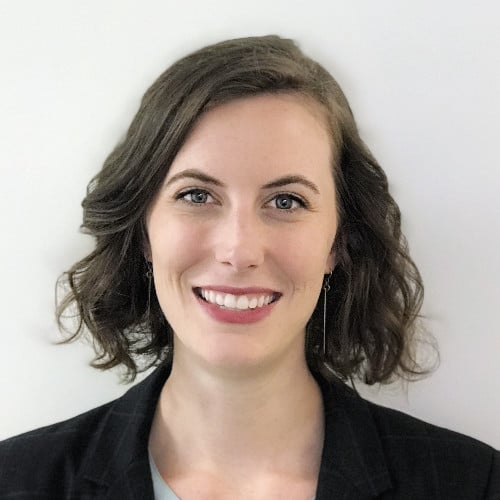If you’ve noticed memory lapses or behavioral changes in someone you care about, thinking about next steps can seem overwhelming and intimidating. Many people avoid exploring these changes, for fear of receiving a diagnosis like Alzheimer’s disease.
While inaction may be tempting, there are several reasons to examine a shift in cognition. First, there are many possible causes for memory loss, and a number of these causes are treatable. And if your loved one does receive a diagnosis, it may actually provide some relief; he or she has likely noticed their own cognitive changes and putting a name to their experience can validate that they are going through something real. Finally, if the doctors indicate that the cognitive changes are not reversible, it’s important to speak to your loved one sooner rather than later about their wishes for the future. When you ask your loved one questions about what type of care they would want if their needs grew, or who they would want assisting in health care and financial decisions, you give your loved one the gift of having more control over their own life.
If you have noticed cognitive or behavioral changes in someone you care about, here are some step-by-step suggestions for learning more and getting treatment and support.
1. Talk to your loved one’s primary care physician and mention the changes you’ve been noticing.- Since cognitive changes can be caused by treatable physical conditions or mood disorders such as depression, it’s important that the doctor completes a physical exam and lab work, as well as a mood assessment.
- Bring a list of all the medications your loved one is taking, including over the counter medications, as medication interactions can also cause cognitive changes.
- The neurologist will want to know your loved one’s medical history and the details of what you’ve been noticing.
- There are a variety of assessments the neurologist may conduct, based on what they find. The neurologist will then outline a plan of treatment based on their findings.
3. Once you have more information, you will be able to plan for the future with the targeted support you and your loved one may need.
- There are many resources available, but for an easy and quick link to local resources, social workers, and other healthcare professionals who can provide advice and support, log on to caregiver.org.
- If dementia is present, organizations like the Alzheimer’s Foundation of America, the Alzheimer’s Association, and CaringKind can provide further resources through their helplines, local chapters, and support groups.
- If you live in the New York City area and are looking for in-home assistance, True Care Home Health provides in-home care with an option for specialized memory care support through our True Memory Care program.





